How does Lube Work?
It reduces friction and helps to prevent injury to the genital area during sexual activity or when using a sex device. You can lubricate the toys in masturbation and sexual activity. Contrary to popular belief, lubricants are not limited to penetration during sexual activity. In addition to their more apparent use in toy intercourse, you can employ lubes for massages and finger play.
The Function of Lubricant
- The primary objectives of the lube are pain alleviation during sexual activity, lubrication during anal play, and men's masturbator access.
- You can also use various flavoured lubricants to mitigate the discomfort associated with oral intercourse.
- The primary function of these moisturisers is to reduce friction, but they may also alleviate the burden and difficulty of oral sex during intercourse, making oral sex more pleasurable and enhancing your relationship with your partner.
- Even in fit individuals, the vagina may not generate the needed lubrication on various occasions. As a substitute for natural vaginal secretions, synthetic lubricant creates a more comfortable experience and alleviates the discomfort associated with vaginal dryness.
How to Apply?
- It requires little exertion to apply moisturiser to the epidermis. Take a small quantity in the palm of your hand and massage it into the desired area. Simply insert it if you desire to use it as a masturbator attachment. Sexual penetration and caressing are both acceptable. Another option is to apply lube to your partner's epidermis and massage it inwards.
- If the lubricant evaporates while applying, you can use more. You can regain the consistency of the lube by combining it with lukewarm or heated water. The sensation of sensory lubrication is distinct from that of a finger or vibrator. You can use it to massage the genitalia and nipples.
- A woman may use a prefilled vaginal lubricant if she experiences excruciating sex but does not feel she can inform her partner. This lube is simple to use even if you don't want to recommend it to your companion because it appears and feels like vaginal fluid.
Surprising fact:
“Lubricant use lowers the chances of STI transmission.”
Various Types of Lubes
There are numerous types of lubricants, but you can group them into three categories.
- Water-based: Water-based lubricants are skin-friendly, simple to remove and compatible with condoms and other sex implements. However, this lubricant may not be as durable as others.
- Silicone-based: A silicone-based lubricant is less viscous than a water-based lubricant but doesn't last as long. It is safe to use with condoms, but not with silicone diaphragms or sex devices.
- Oil-based: Oil may deteriorate latex. Thus, it can diminish the efficacy of condoms and other sex devices. Petroleum ointment and coconut oil are two examples of oil-based lubricants that you can use for various skin-to-skin interactions.
Factors to Consider While Buying a Lube
You should consider these three factors when selecting a lube.
- Make a choice based on necessary capabilities: You should select a Lube based on its specific qualities, such as how it tastes or how warm it makes your skin feel. Choose carefully, and experts recommend using a multipurpose lubricant. Numerous types of lubricants serve a variety of purposes. You are the most qualified to determine what is optimal for your requirements and preferences. Therefore, bear the following in mind when browsing for lubricant:
- Keep in mind the intended Use: You should consider the type of intercourse you and your companion will engage in, whether you will use lubricant on a sex device, and whether either of you will be donning a prophylactic. For instance, if you intend to use sex devices, you shouldn't use a silicone-based lubricant because it could damage the objects. Even though latex condoms are durable, you should avoid using oil-based lubricants.
- Consider the desires and requirements of your skin: If your epidermis is extremely sensitive, you can use a water-based lubricant for nearly all sexual activities. Before using a lube, examine the label attentively if you have allergies. Ingredients in the lube may cause skin irritation or allergic reactions in individuals who have never been diagnosed with an allergy.
- Additional factors: In addition to its lubricating properties, this substance has olfactory, gustatory, and tactile effects. When choosing a lubricant, you and your partner should consider preferences.
- Safety: Last but not least, consider the lube's safety. When using moisturisers in the mouth, it comes in direct contact with the mucous membranes. Therefore, they must use non-toxic materials. Due to its deliberate construction, the lube contains few constituents which may cause harm. Examining the ingredient list could provide insight into the chemical's nature and potential health hazards.
How to Locate Common Lubricants and Brands
The price of the lubricant is an additional factor to consider. Various personal care products and lubes are available at varied prices.
The same companies that make some of the most popular lubricants also make condoms and other products related to sexual health, so you don't have to stay with the name brand if you can find a cheaper alternative that works just as well.
Many stores sell lubricants under their own generic brand names to compete with the low prices of branded products.
Frequently Asked Questions
Is lubricant use safe?
Lubricant use is a matter of personal preference, but many individuals report that it has enhanced their sexual experiences. If you have sensitive skin or other health concerns, it is crucial that you select a lubricant that is safe to use.
When is it necessary to use a lubricant?
If sexual distress is due to excessive friction, lubricant may be helpful. Even if they do not require the lubricating effect of lubrication, some individuals enjoy the novelty of incorporating lubricant into their sex life or using it to enhance their sexual experience.
You will like these products:


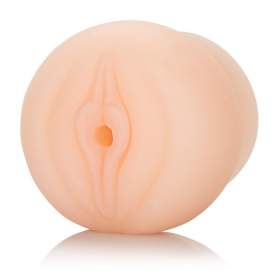
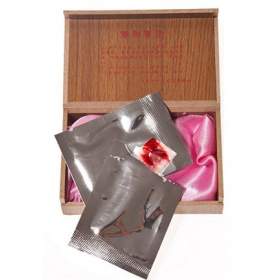




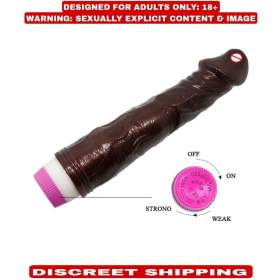
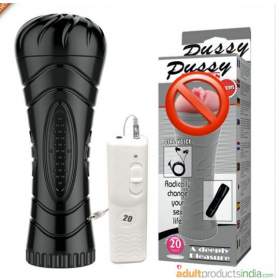

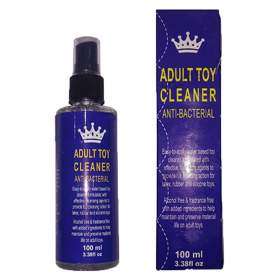
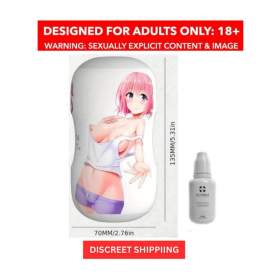
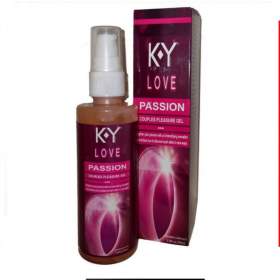

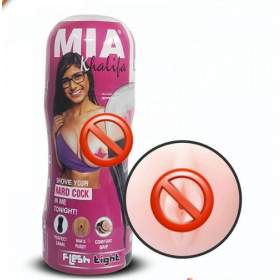

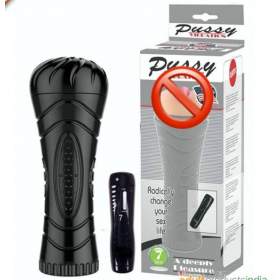
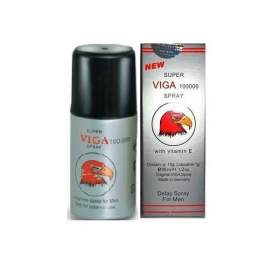

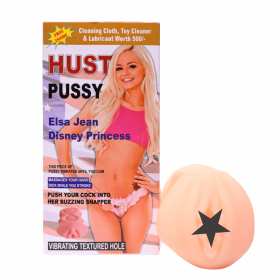
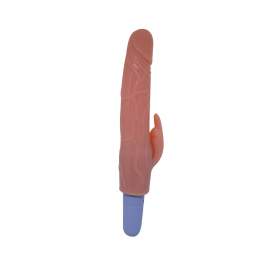
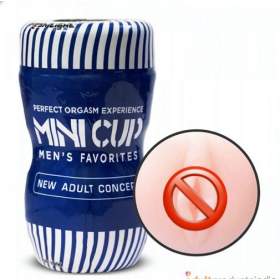

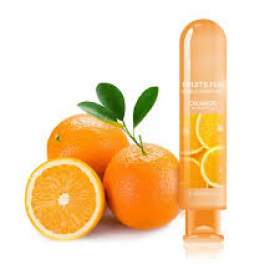
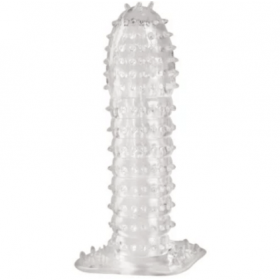

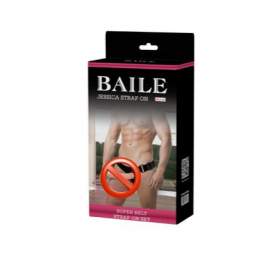
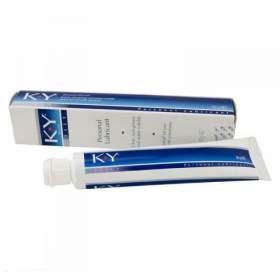

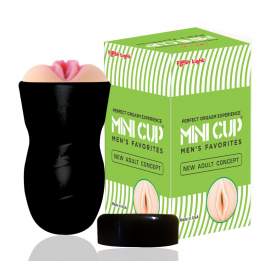
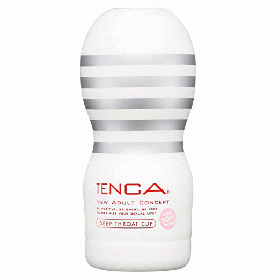
 Products
Products


